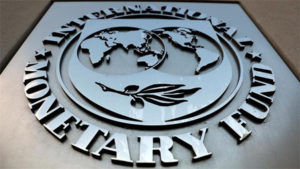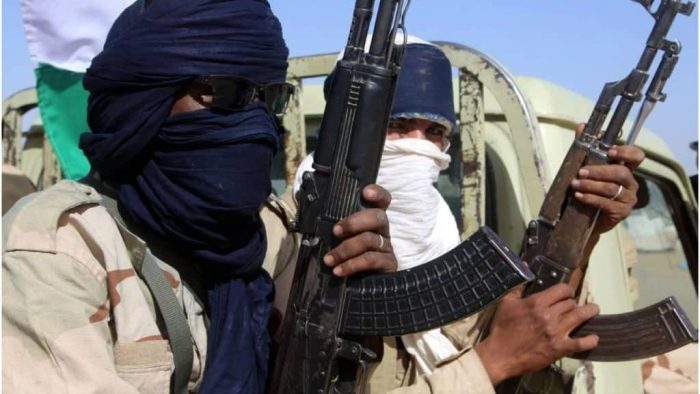You see, “The fuel subsidies scheme was robbing Peter to pay Paul.” Those who need to be cared for are suffering while the affluent enjoy the more.
Resources are not evenly distributed leading to uneven and unequal distribution of the general resources.
In light of the aforementioned, the International Monetary Fund (IMF) insisted on subsidy removal in Nigeria.

“The subsidy scheme is an opaque programme designed to rob the poor to bless the rich and had no justification to exist as Nigeria.”
“Nigerians in the poor and vulnerable class were never better for it.” These were the words of the director for the African dept, IMF, Abebe Selassie.
Have You Read: Is Fuel Subsidy Back? See What We Found
Speaking on the heated issue at the ongoing Spring Meetings of the IMF and World Bank in Washington DC.
Subsidy, An Old And Outdated Scheme
Selassie said “Subsidies are about resource allocation internally within Nigeria. So Nigerians, the people of Nigeria pay for these subsidies.
“And the reason we counsel against such is simple. It tends to be highly regressive because only the rich benefit from fuel subsidies.
“The poor and vulnerable in Nigeria get nothing from the scheme. Sadly, the poorest segments of society are not benefitting from the scheme.”
These resources could be used to better improve the living conditions for poorer people instead of accruing to rich people.
“That’s why subsidy reform is important. We applaud the government for the steps taken to reduce the extent of subsidies.
I think as oil prices have become volatile, the level of subsidy has also moved up and down.
Selassie revealed that the IMF has provided $58 billion to African countries since the outbreak of the COVID-19 pandemic.
IMF has also pledged to do more to help the region build resilience.
African Countries Should Generate Income Internally
He, however, warned African countries against commercial loans for refinancing because of the current rate hike in most economies.
Rather, he suggested that sub-Saharan nations battling debt service challenges should look inward for domestic resource mobilization.
On the positive side, he said, that after four challenging years and multiple shocks, the region’s economy is rising slowly.
“We expect economic growth to rise to 3.8% in 2024, from 3.4% last year.
After peaking at almost 10% in late 2022, inflation has nearly halved to around 6% in the early part of the year thanks to decisive action by central banks.
You May Also Like: Tinubu Govt. Pays ₦1tr Monthly As Petrol Subsidy – Pinnacle Oil MD
“This includes slower food price increases, a positive development for a region where the cost of crises has been acute in recent years.
In addition, fiscal consolidation efforts are starting to pay off, with the median public debt stabilising at around 60% of GDP, halting a 10-year upward trend”, he said.
He called for global support from the international community to essentially grow the African continent.

